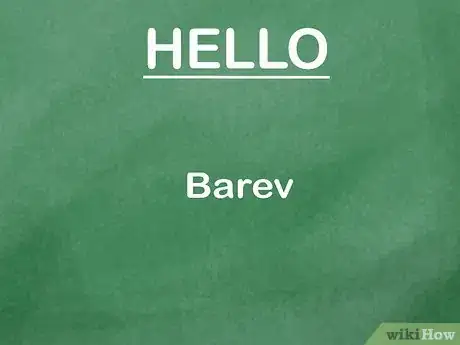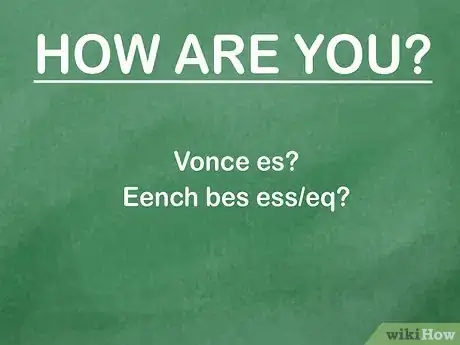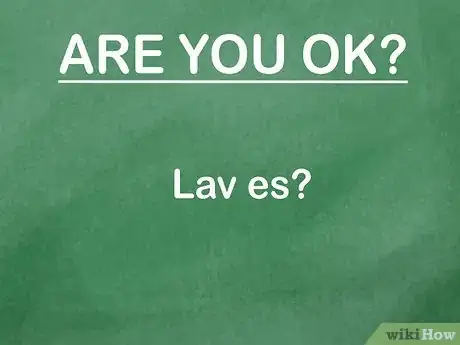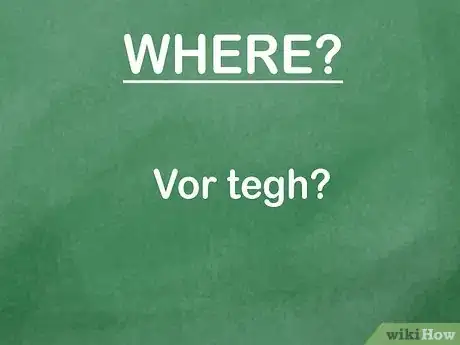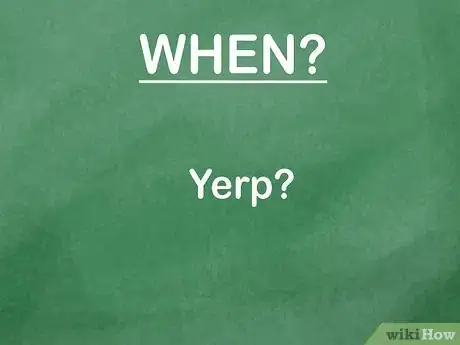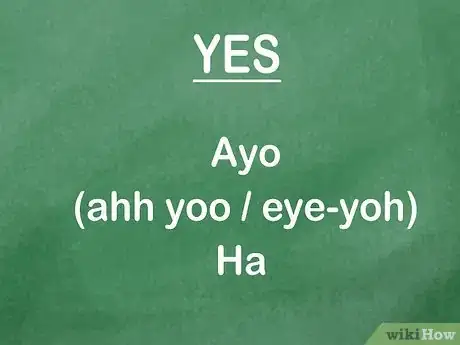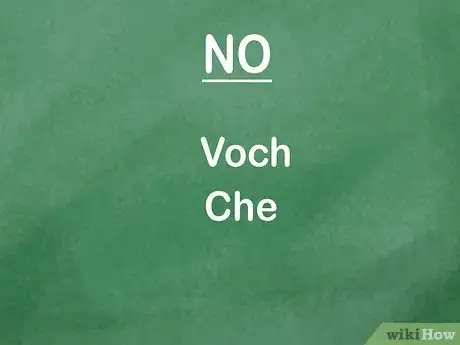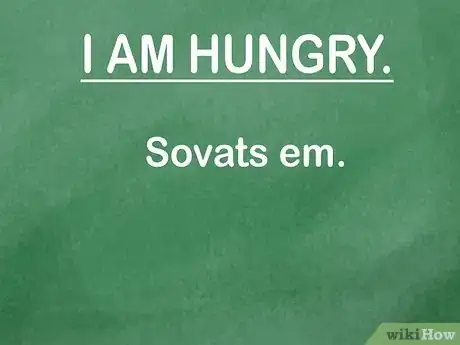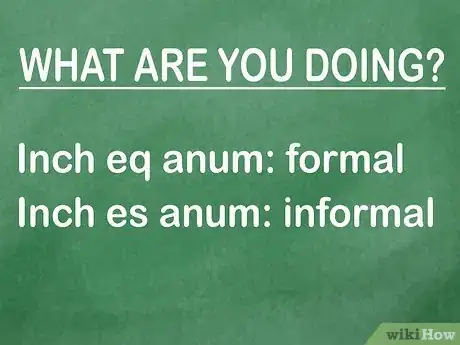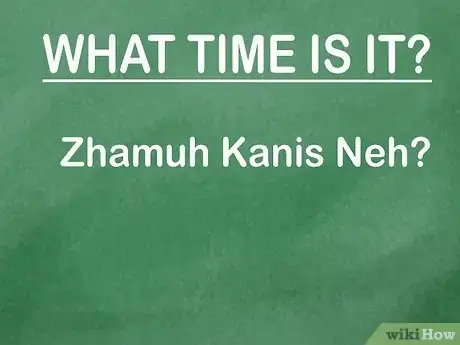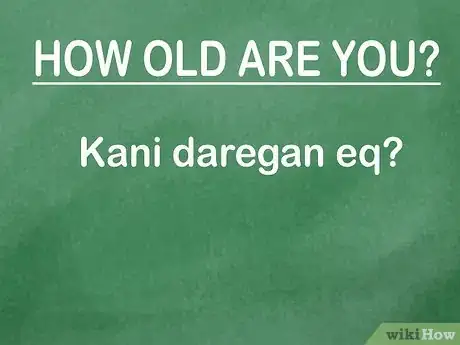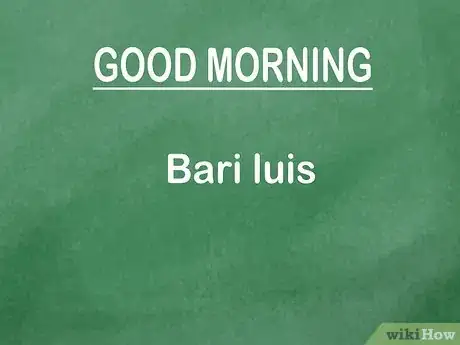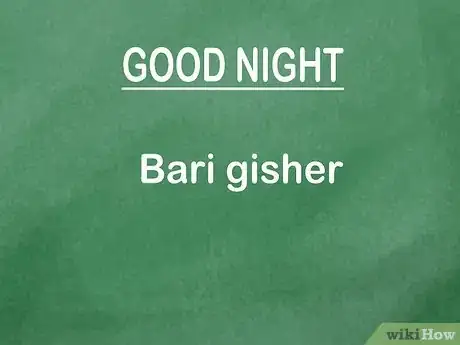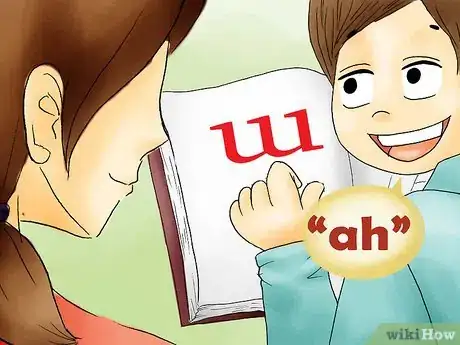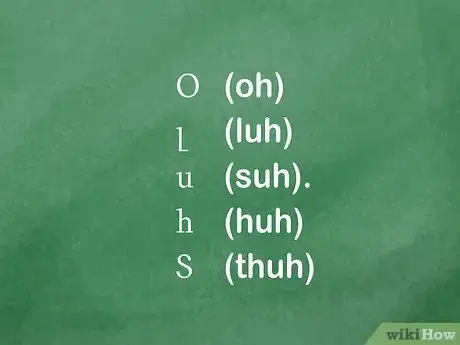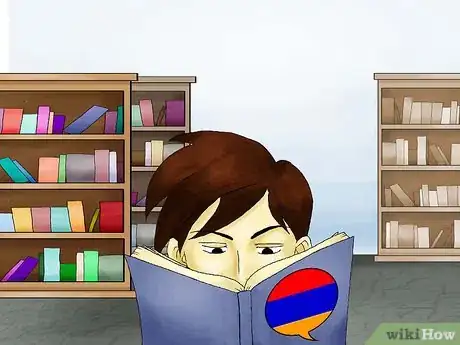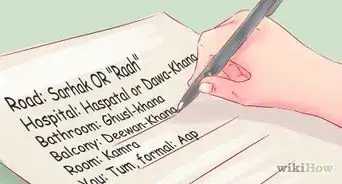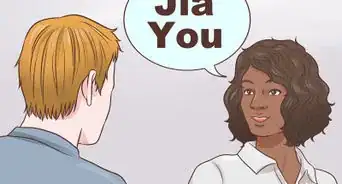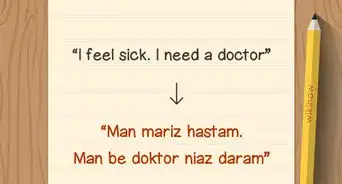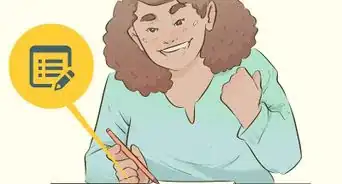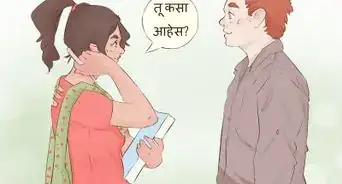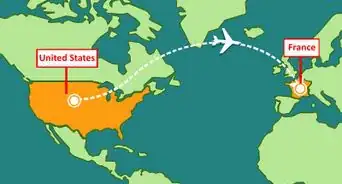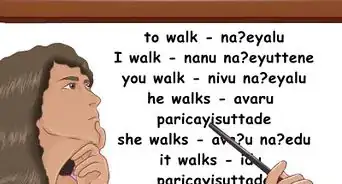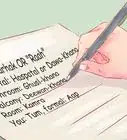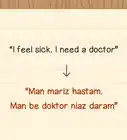wikiHow is a “wiki,” similar to Wikipedia, which means that many of our articles are co-written by multiple authors. To create this article, 35 people, some anonymous, worked to edit and improve it over time.
This article has been viewed 61,459 times.
Learn more...
The Armenian language (հայերեն լեզու, Armenian pronunciation: [hɑjɛɹɛn lɛzu] — hayeren lezow, conventional short hayeren) is an Indo-European language spoken by the Armenian people. It is the official language of the Republic of Armenia as well as in the region of Nagorno-Karabakh. The language is also widely spoken by Armenian communities in the Armenian diaspora. It has its own script, the Armenian alphabet. Linguists typically classify Armenian as an independent branch of the Indo-European language family.[3] Some Indo-Europeanists, notably Clackson (1994), have proposed that Armenian may have been grouped together with the Greek Hellenic branch. This is called the Graeco-Armenian Hypothesis, in combination with a Graeco-Aryan hypothesis (Renfrew, Clackson and Fortson 1994).
Steps
Learning Basic Phrases
-
1Use "barev'" for "hello". This can be used to greet others.
-
2Say "goodbye". "Stesutyune", Hajox, "Hajoghutyun" and ba bye all work. This can be used to indicate your departure.Advertisement
-
3Ask "How are you?" - Vonce es? or Eench bes ess/eq? work. This can be used to show that you care about the person it is directed at. However do not ask if you are unable to understand the answer, as it will defeat the purpose of asking the question.
-
4For "Are you good? or "Are you OK?" - ask Lav es?
-
5For "Where?" ask "Vore tegh".
-
6For "When?" ask Yerp.
-
7For "I don't want it" say "Chem uzum".
-
8For "thank you", say "'Merci or shnorhagalutiun (pronounced shuh-nor-ha-ga-lu-tune). This can be used to show gratitude.
-
9For "yes" say Ayo (pronounced ahh yoo or eye-yoh), or more casually spoken, "ha".
-
10For "no", say Voch or che.
-
11For excuse me, say Guh nerek or "neroghootyoon". Do note that "neroghootyoon" also means "sorry". This can be used when an error has been committed - for example knocking something over and expressing your regret for the owner of the item.
-
12I like (it) - Guh Sirem or sirumem. This can be used to express a liking towards something, for example an item for sale towards the salesperson or receiving a gift.
-
13I do not like (it) -Chem Sirum. This is the opposite of the previous step.
-
14I am hungry -"Sovats em".
-
15What are you doing? -"Inch eq anum". This is formal and should be used with most Armenians, however with close friends and family you can say "Inch es anum".
-
16What time is it? - Zhamuh Kanis Neh.
-
17How old are you? - "kani daregan eq?"
-
18Where are you from?" - "Vorteghits eq?"
-
19Good morning is "Bari luis".
-
20Good night is "Bari gisher".
Learning the Alphabet
-
1Learn some of the most commonly used letters in the Armenian alphabet. Start with the first letter, ա, which is pronounced "ah" and continue from there.
-
2Learn the letters that resemble English letters. If you speak fluent English, it may be easier to start with letters that look like English letters. These include:
- Օ, which is an O in both lowercase and uppercase and pronounced, "oh", exactly like English.
- լ, which resembles an L and is pronounced, "luh".
- ս, which resembles a U but is pronounced differently- it is pronounced "suh".
- Lowercase հ, which resembles a lowercase h and is pronounced "huh".
- Uppercase Տ, which resembles an S but is pronounced "thuh".
-
3Try purchasing an Armenian alphabet book (pronounced in Armenian as "aybenaran"). These books are often used by children beginning to learn the alphabet. They begin with the most commonly used letters and have you read sentences, phrases and words containing those letters. The book will progress in difficulty until having you read a full page with all the Armenian letters.
Community Q&A
-
QuestionWhich language is the closest to Armenian?
 AlleycatroxCommunity AnswerIts vocabulary has historically been influenced by Western Middle Iranian languages, particularly Parthian, and to a lesser extent by Greek, Persian, and Syriac.
AlleycatroxCommunity AnswerIts vocabulary has historically been influenced by Western Middle Iranian languages, particularly Parthian, and to a lesser extent by Greek, Persian, and Syriac. -
QuestionHow do you say in-laws in Armenian?
 Googlguy99291Community AnswerOrenk’nerov is how you say in-laws in Armenian. .
Googlguy99291Community AnswerOrenk’nerov is how you say in-laws in Armenian. .
